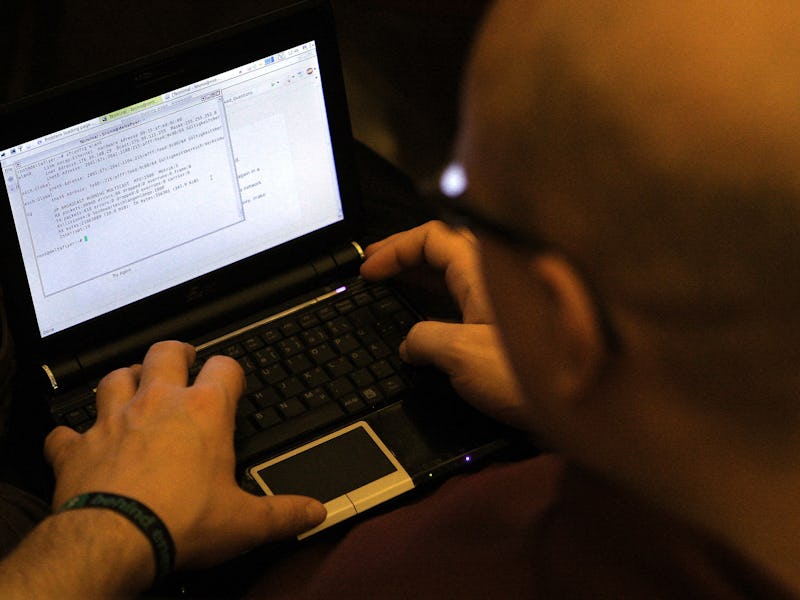How Google’s Algorithm Has Inhibited Illegal TV Streaming
Not so easy to find Putlocker anymore, is it?

If you’ve been streaming illegal video for years, you may have noticed that your favorite sites haven’t been appearing at the top of search engine results these days. That’s because of changing search algorithms: Google and other search engines regularly change their algorithms to demote websites that tend to link to unlicensed content.
A website that shares illegal video can sometimes be “legal” itself and therefore avoid liability and being forced to shut down. It’s a frustrating problem for copyright holders; that’s where Google steps in. It has been increasingly intervening to make sure that these websites are harder to access, even if they are technically available.
It’s an effective method. Searchmetrics reports in 2014 showed that free-tv-video-online.me, one of Project Free TV’s main domains, fell 96 percent in rankings after Google finished a big algorithm overhaul.
Google announced in February that it will change the algorithm yet again this year to further disadvantage piracy sites.
This net is not so neutral.
Google doesn’t take these steps out of legal obligation. The Digital Millennium Copyright Act protects search engines from being liable for the content to which they link. Google just wants to stay on the good side of the television, film, and music industries — and also protect its own business. The oft-forgotten Google Play service gives it a financial stake in preventing copyright infringement.
The takeaway: If you want quick, easy access to your favorite illegal streaming sites, don’t search for them on Google. Type in their domain names directly, or bookmark ‘em.